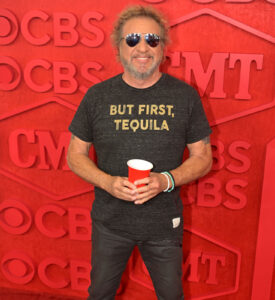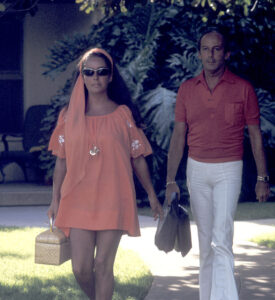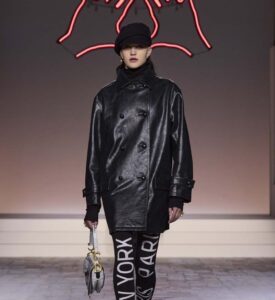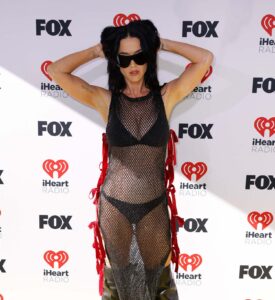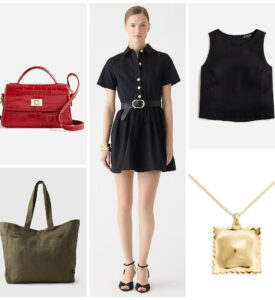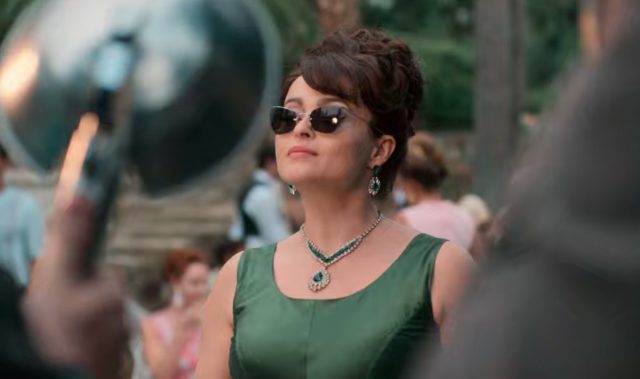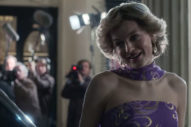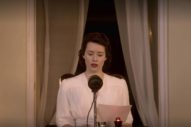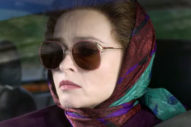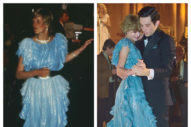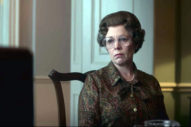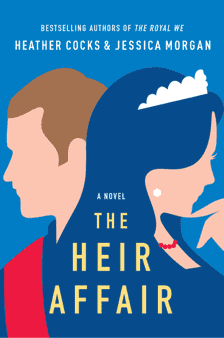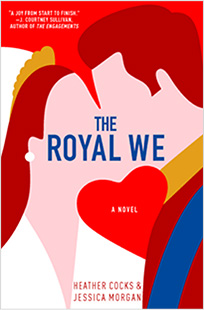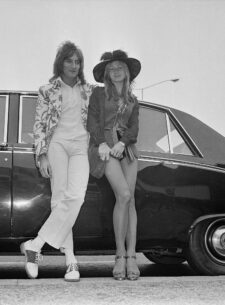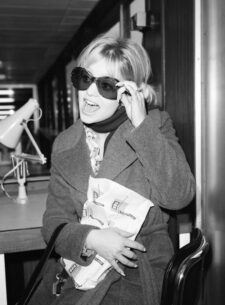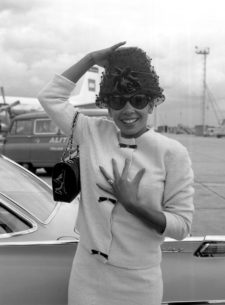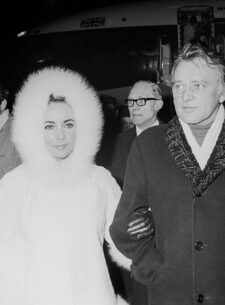We’ll be covering every episode in its own time; when some people watch at the speed of binge and others take their time, it’s hard to know how to space it out, so we’re trying to split the difference but also not take forever. We’ll cover episode three on Monday (Nov. 25).
This episode deals with the effect of The Crown on Princess Margaret, the wannabe queen who never would be, and suggests that Elizabeth may have loved and envied her in equal measure. We get two flashbacks to their kiddie versions. At the beginning, Princess Elizabeth is being sternly informed of her destiny while a playful Margaret waits in the hall; later, Margaret daydreams about being on the throne while Elizabeth queasily dreads it, so Margaret Rose gets the idea to ask for it outright — the reasoning being, she wants it and she’d be good at it, so why the heck not? Elizabeth agrees. Then at the end, the show juxtaposes young Margaret asking to leapfrog her sister in succession and being shot down via verbal dressing-down by The Mustache of Tommy Lascelles (I cannot IMAGINE that actually happened?), with current Margaret asking to share more of the official duties and being shot down non-verbally by her sister. As a child she weeps in front of her mirror; as an adult, she emptily pulls off her false eyelashes, wrung dry of feelings.
– Clancy Brown is NOT subtle as LBJ, and neither are any of the American accents deployed by British actors in this episode (Jess in particular was cringing at LBJ’s right hand man, who sounded a bit like he learned his from watching Li’l Abner). But he and Helena Bonham Carter seemed to be having a blast in the scenes in which Margaret knocks LBJ’s bawdy socks off.
– That does sound like it was a fictionalized scenario, on the whole. In The Crown, LBJ is mad at PM Harold Wilson for not supporting him in Vietnam, and Wilson is mad LBJ won’t help struggling Britain out of its financial bind, so Elizabeth deploys Margaret — who was already in California garnering rave reviews — to do some drunken diplomacy. (The show also pretends LBJ didn’t know who she was, but the Washington Post notes they had met before.) But supposedly the filthy limericks and the joking kiss on the mouth are inventions, as potentially is the scene in which Mags insults JFK to LBJ (portrayed as jealous of people’s affections for Jack). That is specifically there so Margaret can liken the vice-presidency to being “vice-queen.”
– This version of Tony Jones is treated as a long-suffering spouse to a boozy party girl with sister issues. I think the show sympathizes with him in the same way it often sympathizes with Philip, as if these are men who suffered greatly in so many ways because of the people they married, without as much reflection going back the other way.
– The hats this season. THE HATS.
– When Margaret asks to share more of the duties after her successful trip, it’s treated like an all-or-nothing scenario — as if the choice is, have no role or have a lot of the Queen’s responsibilities. Obviously now, the case is much different. Elizabeth’s children (but no longer gross Andrew, HOORAY) are pretty public and frequently deployed to represent Queen and country, and obviously Diana, and William and Harry (and Kate and Meghan), were/are very public as well. Was Margaret really so devoid of duties? I know there were times she stood in for the Queen, and that the sisters WERE close even despite any simmering jealousies that may have been there, so I’m curious if people who know more than I can comment on how fictionalized this is. If it’s true, I wonder if it was the tipping point for the larger roles that have since been carved out for the larger royal family.
– Philip gives a speech that is Way Harsh, Tai, about how there are two strains of people in the Windsor family: dazzling but dangerous, like Edward VIII and Margaret, and dull and dutiful like Georges V and VI, and Elizabeth herself (he also cites Victoria, but she wasn’t technically a Windsor, and also, was notoriously volatile, so I don’t know what the heck that’s about). Phil tries to toss in a compliment about how it means Elizabeth is steady and stable, but she still seems a little bruised. Intriguingly, in making this argument about how Margaret is dazzling (yet dangerous), Philip cites how it’s because she is a bold independent thinker — the exact same words that various characters will use to describe Edward VIII in later episodes. WHO WAS A NAZI, not that you would know it, because the show totally glosses over that in favor of smooching his booty for being a titan of independent thought. But I’m getting ahead of myself. I just thought that hearing the words applied to both those characters was interesting.
YOU’RE UP.
